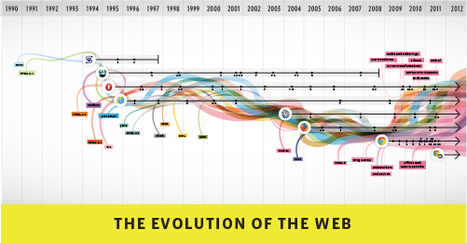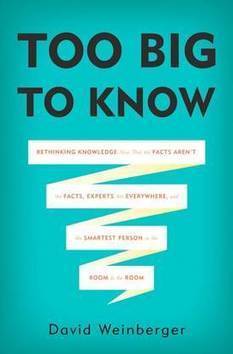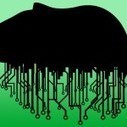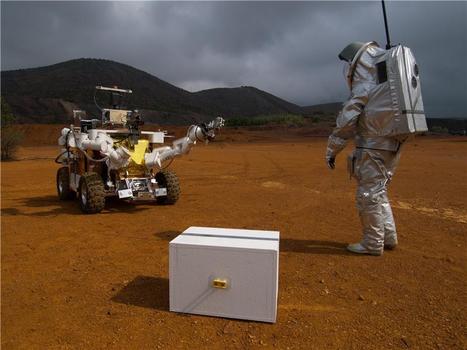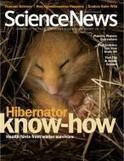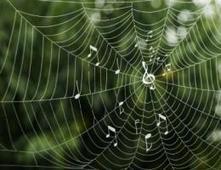The Web Hasn't been designed to DO anything. And so it DOESN'T do anything, much less anything SMART, CREATIVE, OR SUGGESTING AWARENESS.
The problem with the Web is simply this: The Web is not really designed for anything. The structure of the Web is characterized by its interconnectivity, and that depends on how individual sites choose to connect to one another. The Web’s large-scale interconnectivity isn’t designed by engineers, and it is also not a consequence of selection mechanisms capable of implicitly leading to anything one would call “design.” Selectiondoes happen, but at the level of the individual sites within the Web, not at the level of the entire Web.

 Your new post is loading...
Your new post is loading...
 Your new post is loading...
Your new post is loading...



